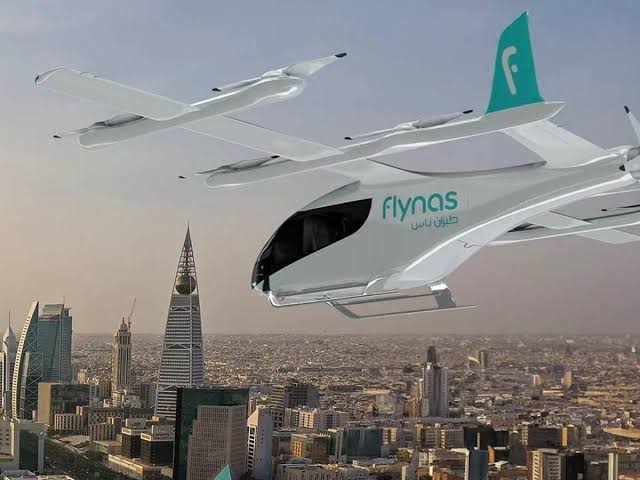Saudi Arabia is embarking on a transformative journey in transportation as part of its Vision 2030 development plan, aiming to modernize and achieve sustainable goals. One of the key initiatives within this plan involves the integration of flying taxis, set to enter the market by 2026. These electric vertical take-off and landing aircraft will play a crucial role in major projects such as Neom, a futuristic city envisioned to be car-free, relying on public transport and autonomous vehicles for mobility.
The Neom project, a cornerstone of Saudi Arabia’s modernization efforts, seeks to create a sustainable and connected community, minimizing traditional road infrastructure. Flying taxis, operated by German company Volocopter, will be a vital component of the transportation system, providing efficient and eco-friendly mobility. The aircraft will be powered by 100% renewable energy from solar and wind sources, aligning with Saudi Arabia’s commitment to environmental sustainability.
Beyond Neom, the application of flying taxis extends to historic tourist sites like AlUla and facilitates the transportation of Hajj and Umrah pilgrims. The introduction of air taxis not only enhances the speed and quality of pilgrims’ transfers but also underscores the broader vision of embracing advanced air mobility for a cleaner future.
Collaborating with the French firm Setec Group, Saudi Arabia demonstrates a multi-faceted commitment to sustainable urban air mobility. This strategic partnership reinforces the kingdom’s dedication to environmental responsibility and aligns with Vision 2030 goals, which include achieving net-zero emissions by 2060.
The successful testing of flying taxis signifies a pivotal step towards realizing these innovative transportation solutions. As Saudi Arabia embraces advanced air mobility, the integration of flying taxis reflects a paradigm shift in transportation, contributing to a cleaner, more connected, and sustainable future for the kingdom.


